The more time I’ve spent investigating unsolved murders, the more suspicious I’ve become—not just of suspects, but of people in general. If cold case killers can blend in for years, looking and acting like good citizens, how many more “good” people might be capable of something terrible? The answer, uncomfortable as it may be, is all of us.
For centuries, philosophers, theologians, and psychologists have wrestled with a fundamental question: Are humans inherently good or bad? Are we born noble, or are we, at our core, selfish and prone to wrongdoing? Most thinkers have leaned toward the latter. Arthur Schopenhauer famously described humanity as “a dreadful wild animal,” only tamed by the structures of civilization. When those structures break down, he warned, our true nature—pitiless and cruel—emerges. Carl Jung echoed this, calling the hidden “shadow” in every person “a positively demonic dynamism.” The less we confront this shadow, Jung wrote, the darker and more dangerous it becomes.
Psychiatrist Thomas Anthony Harris put it plainly: “Sin, or badness, or evil, or ‘human nature,’ whatever we call the flaw in our species, is apparent in every person.” Philosopher Thomas Hobbes agreed, arguing that left to our own devices, human life would be “solitary, poor, nasty, brutish, and short.”
You don’t have to be a scholar to see the evidence. Anyone who’s raised children—or remembers their own childhood—knows that selfishness and impatience don’t need to be taught. They’re part of our default setting. Early psychological studies confirmed just how “nasty” and “brutish” we can be under the right circumstances.
Consider Stanley Milgram’s infamous 1960s experiment. Participants, believing they were administering real electric shocks to another person, continued to do so—even as the “victim” screamed in pain—simply because an authority figure told them to. The shocks were fake, but the obedience to cruelty was real. The experiment has been replicated many times, with similar results: our capacity for harm is disturbingly robust.
A decade later, Philip Zimbardo’s Stanford Prison Experiment revealed more of this darkness. College students, randomly assigned as “guards” or “prisoners” in a simulated jail, quickly descended into abusive behavior and emotional breakdown. The experiment, intended to last two weeks, was called off after just six days. The lesson? Even ordinary, well-adjusted people can become cruel and dehumanizing when given power and anonymity.
Modern research continues to show that we are innately selfish, especially when resources are scarce or stress runs high. In a crisis—say, a pandemic—people hoard supplies, cheat, and look out for themselves, particularly when no one is watching. “In highly stressful, resource-poor environments, we’ll step on whoever is in front of us if it helps us survive.” The less we depend on others, the more we revert to this selfish baseline. We become isolated, less caring, and more likely to dehumanize those who are different—a tendency that emerges alarmingly early in life.
One study found that children as young as five already show signs of “otherism,” seeing some people as less than human. Clinical psychologist Jennifer Kunst notes, “We do not start out in innocence… there is an urge in all of us to be naughty, to fight, to punish, to spoil, to take our revenge.” We’re also quick to judge others more harshly than ourselves, excusing our own faults while condemning the same behavior in others. We cling to first impressions and resist evidence that challenges our prideful assumptions. We overestimate our own virtue and understanding.
Our darker inclinations even influence what we find attractive. Research shows that the so-called “dark triad” traits—narcissism, psychopathy, and Machiavellianism—can make people more appealing in the short term. Leaders displaying these traits often rise to power, reflecting our own self-interest and attraction to those who seem like us.
Governments and religions recognize this reality. Laws exist to harness self-interest for the common good, not because we’re naturally generous. Tax systems, for example, are built on the assumption that we won’t give freely on our own. Even Jesus acknowledged our self-focus, urging his followers to treat others as they themselves would want to be treated—a command that leverages our innate self-interest for good.
Yet, for all our flaws, we are also capable of nobility. Researchers recognize “empathy-induced altruism” as part of human nature. Alongside daily news of cruelty, we witness acts of bravery, sacrifice, and service. We are, in truth, creatures of paradox—capable of both great good and great evil.
So which is it? Do we learn goodness because we’re evil, or evil because we’re good? The evidence points to both. Altruism, though rare, is undeniably real. Some, like Plato’s Glaucon and Adam Smith, argue that even our noblest acts are rooted in self-interest. Evolutionary biologist Richard Dawkins calls us “survival machines,” programmed for selfishness, but acknowledges that cooperation can arise when it serves our genetic interests.
So which is it? Do we learn goodness because we’re evil, or evil because we’re good? The evidence points to both. Share on XUltimately, we are dual-natured—Dr. Jekyll and Mr. Hyde in one body, as Stevenson’s novella suggests. Plato’s chariot, pulled by two opposing horses, captures this perfectly: we are both noble and base, capable of swinging between extremes. This is the enigma of humanity, and the challenge each of us must face.
To learn much more about the “enigma of man,” its impact on human flourishing and how it establishes the reliability of the Biblical record, please read The Truth in True Crime: What Investigating Death Teaches Us About the Meaning of Life.



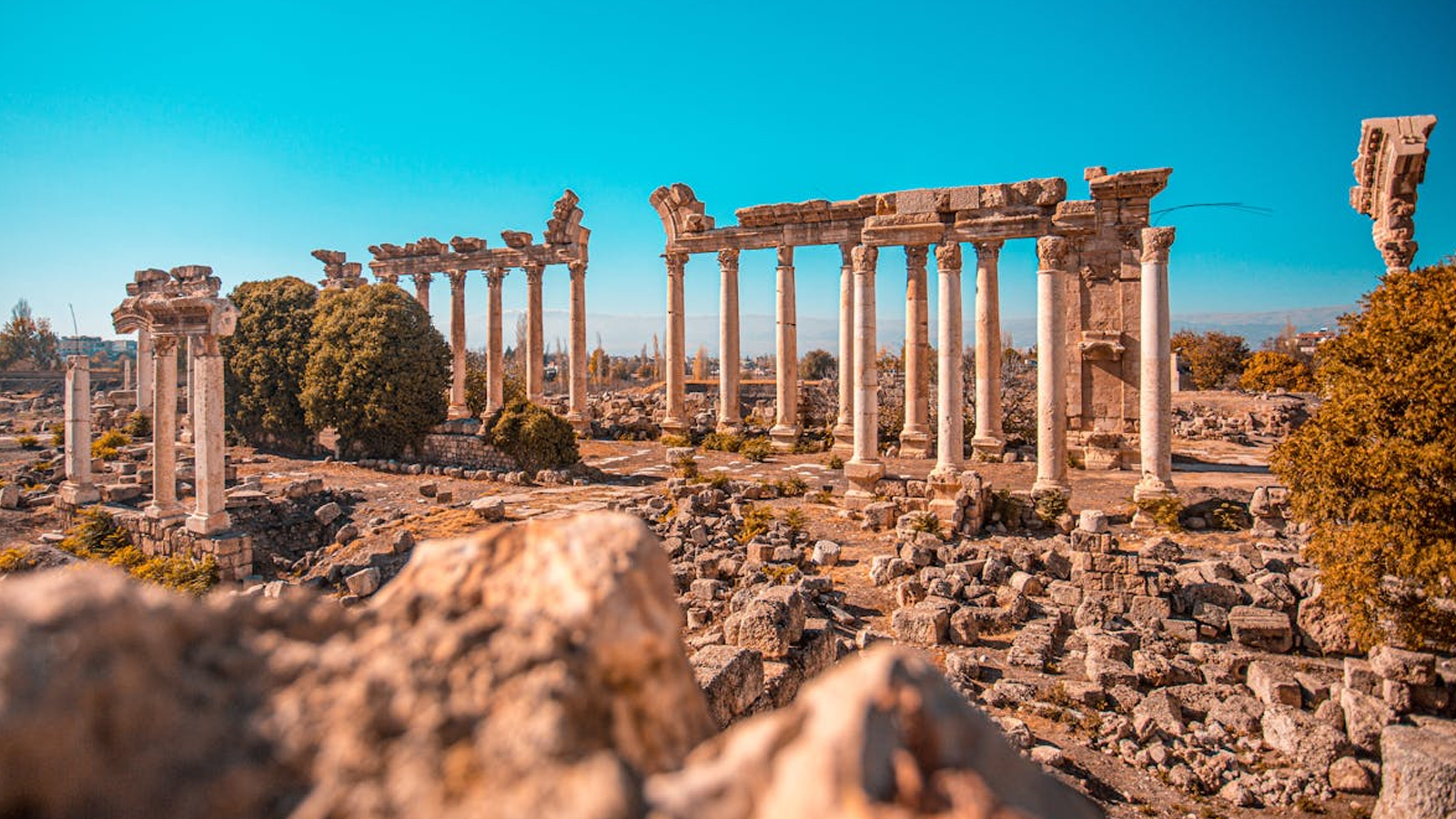


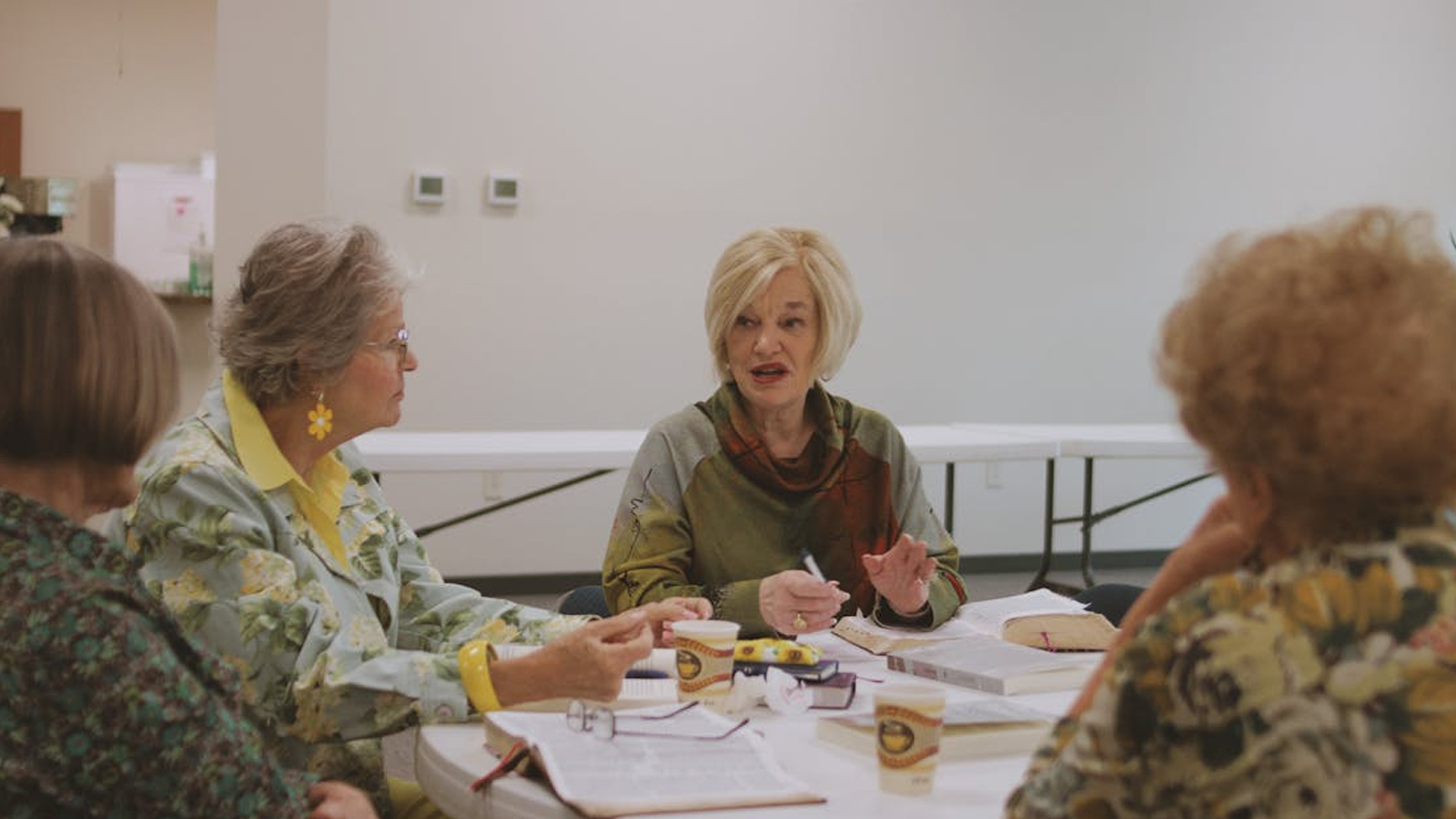


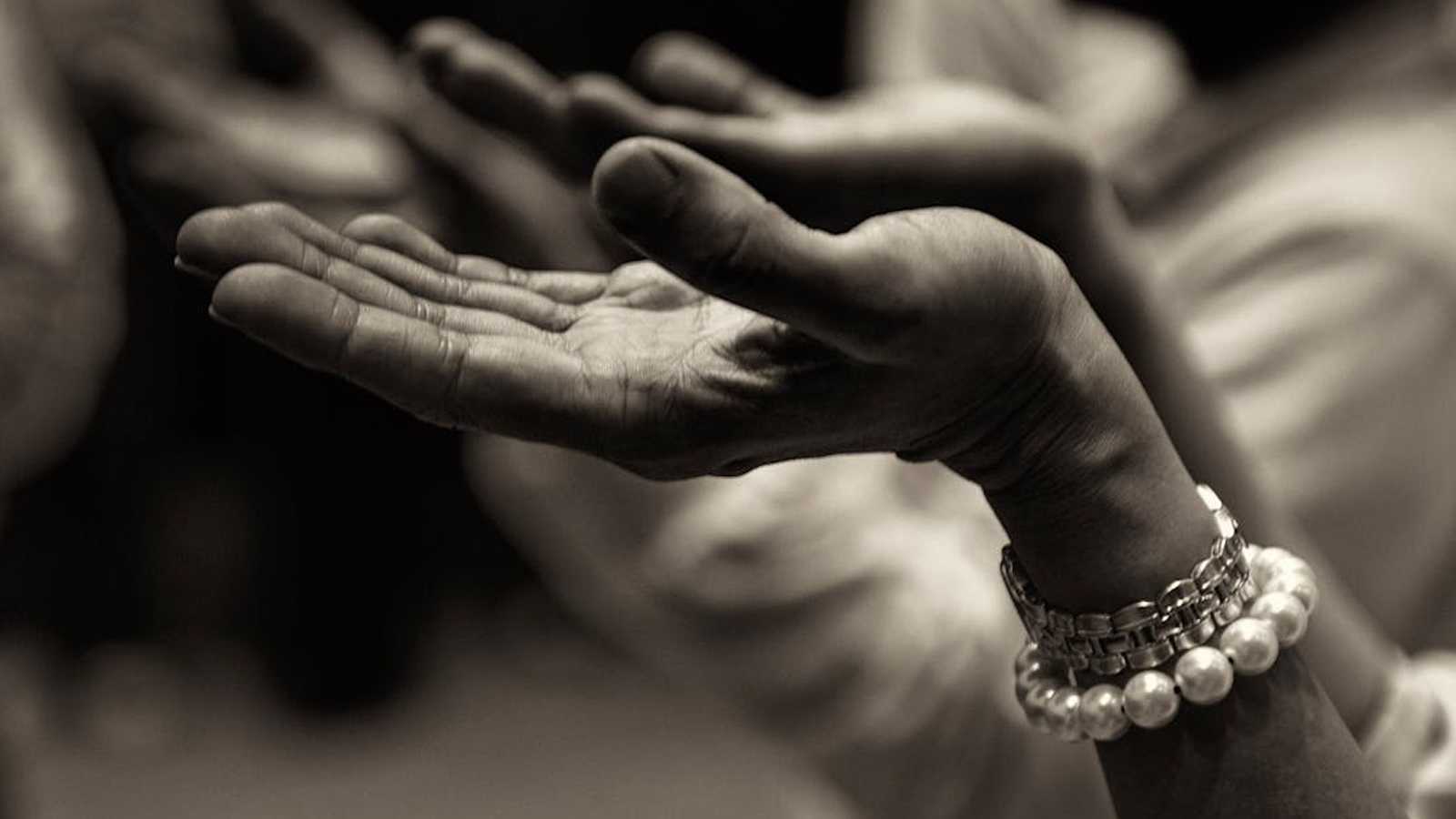
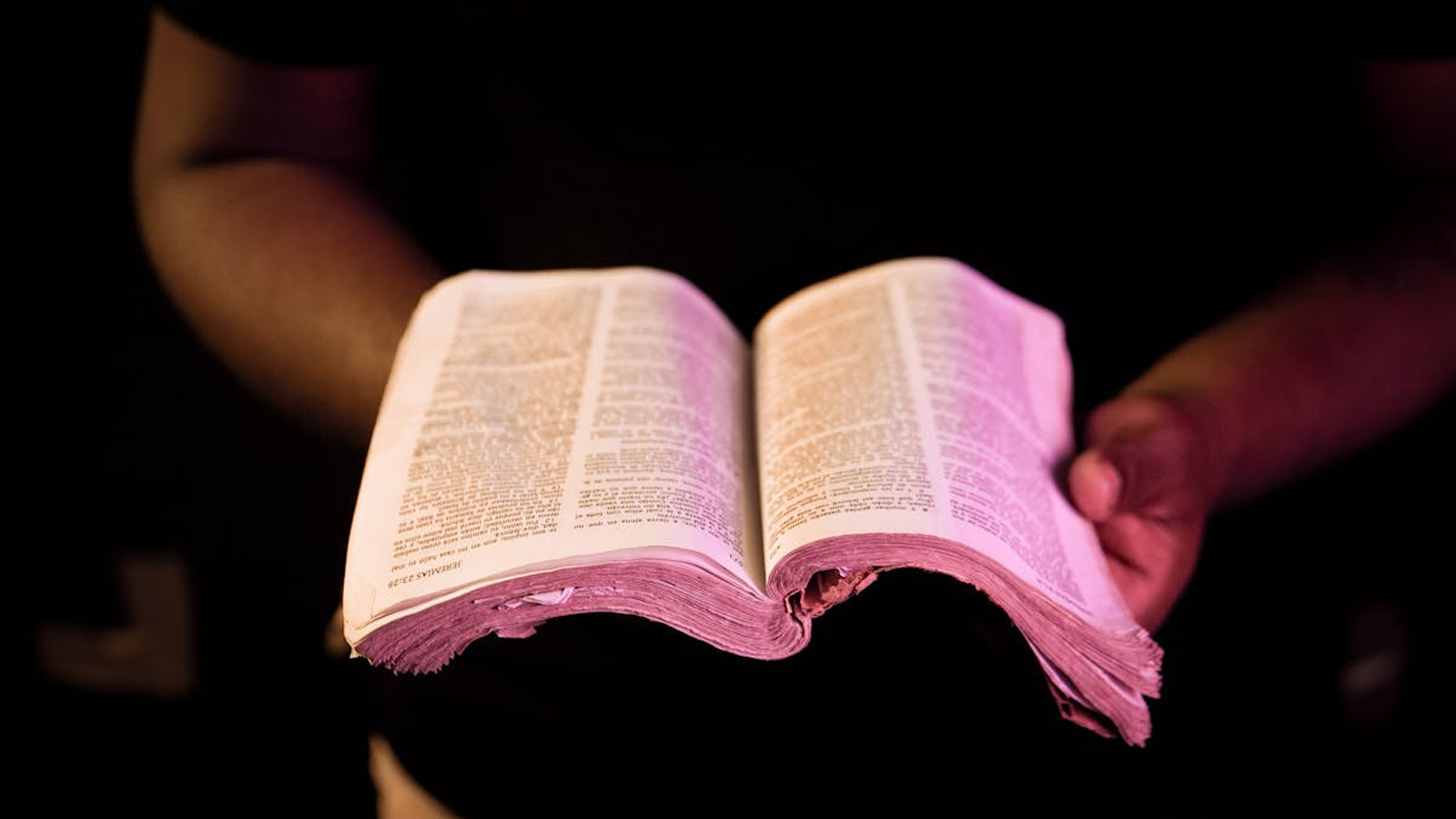


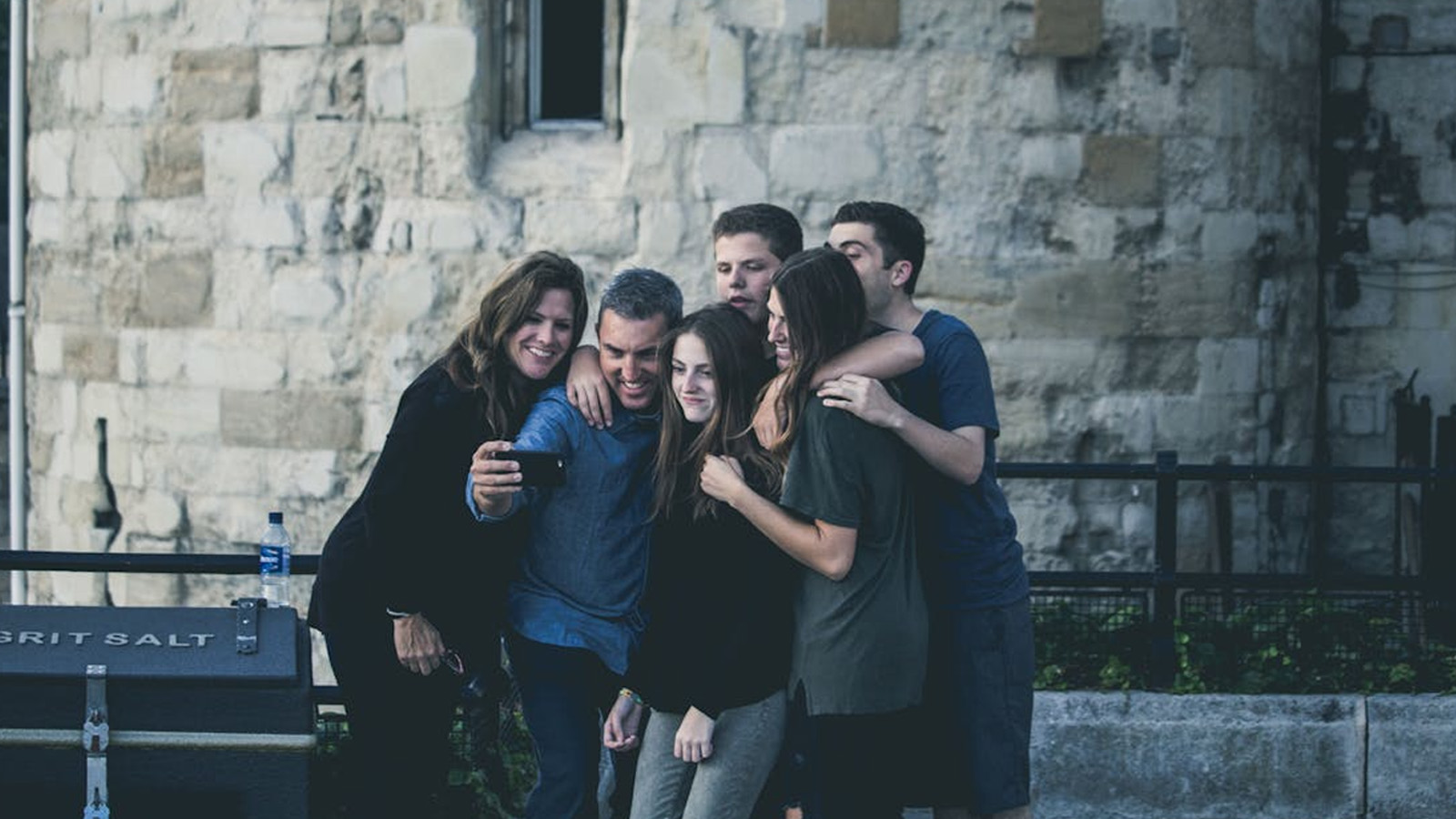

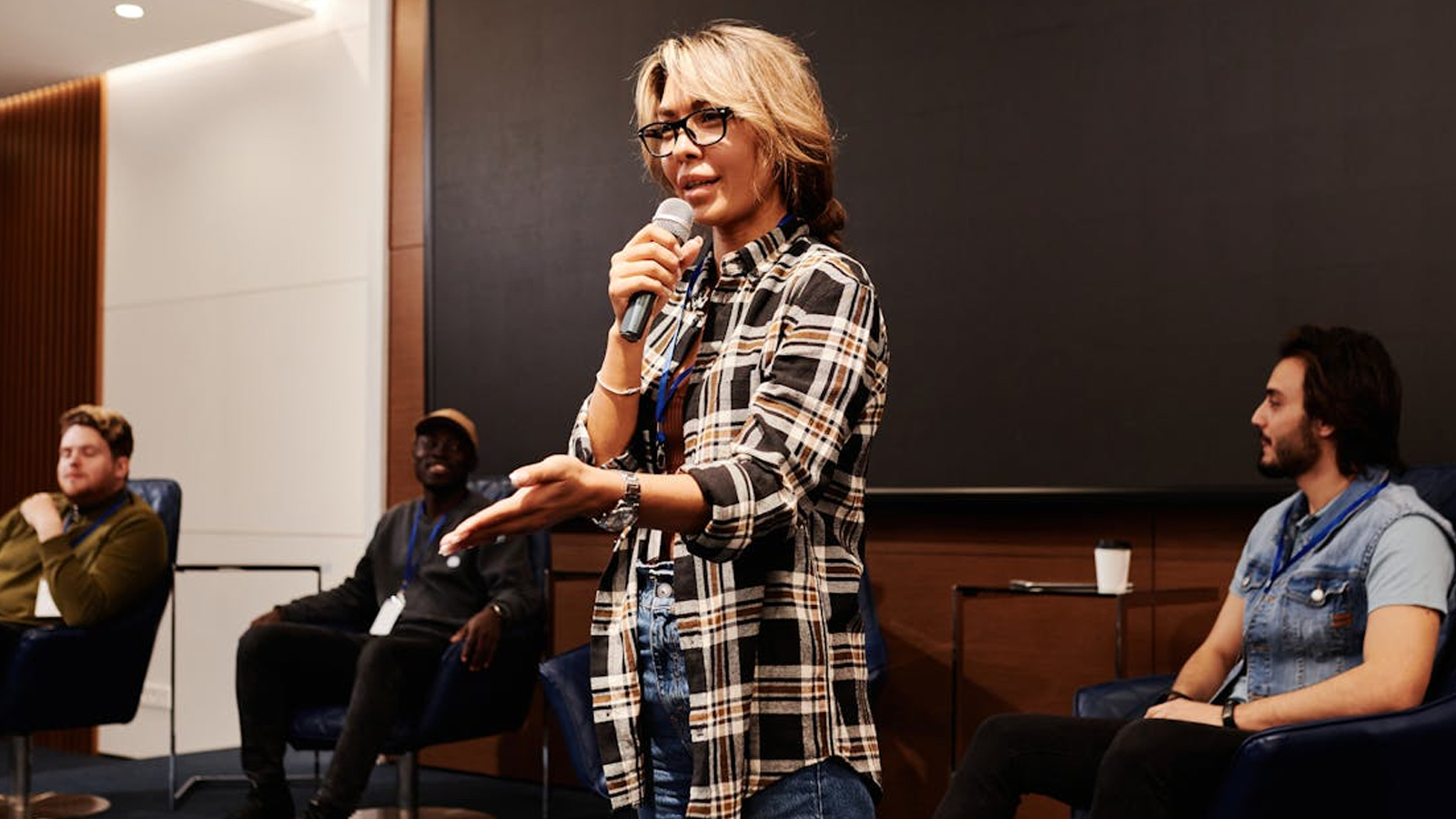

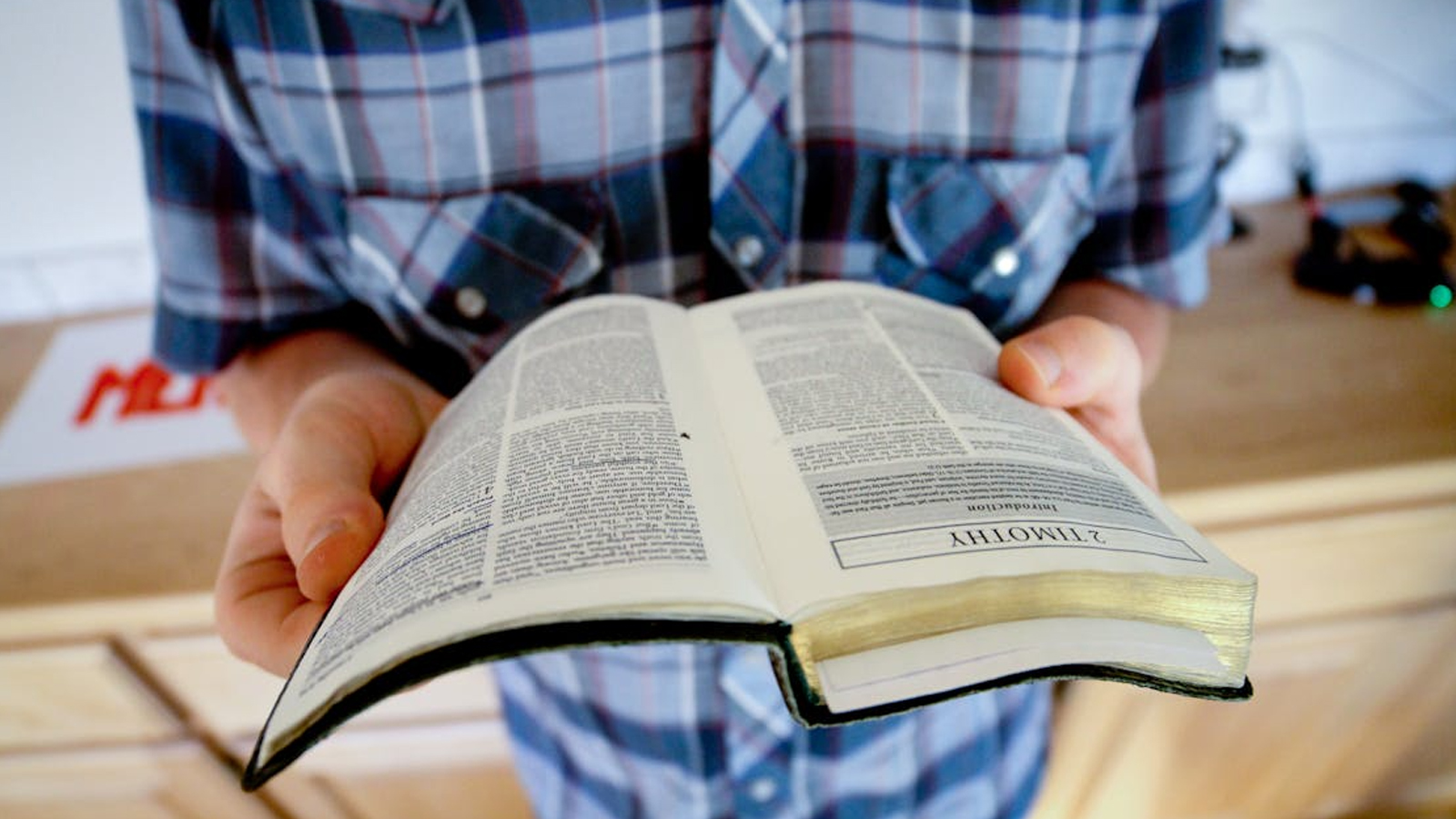




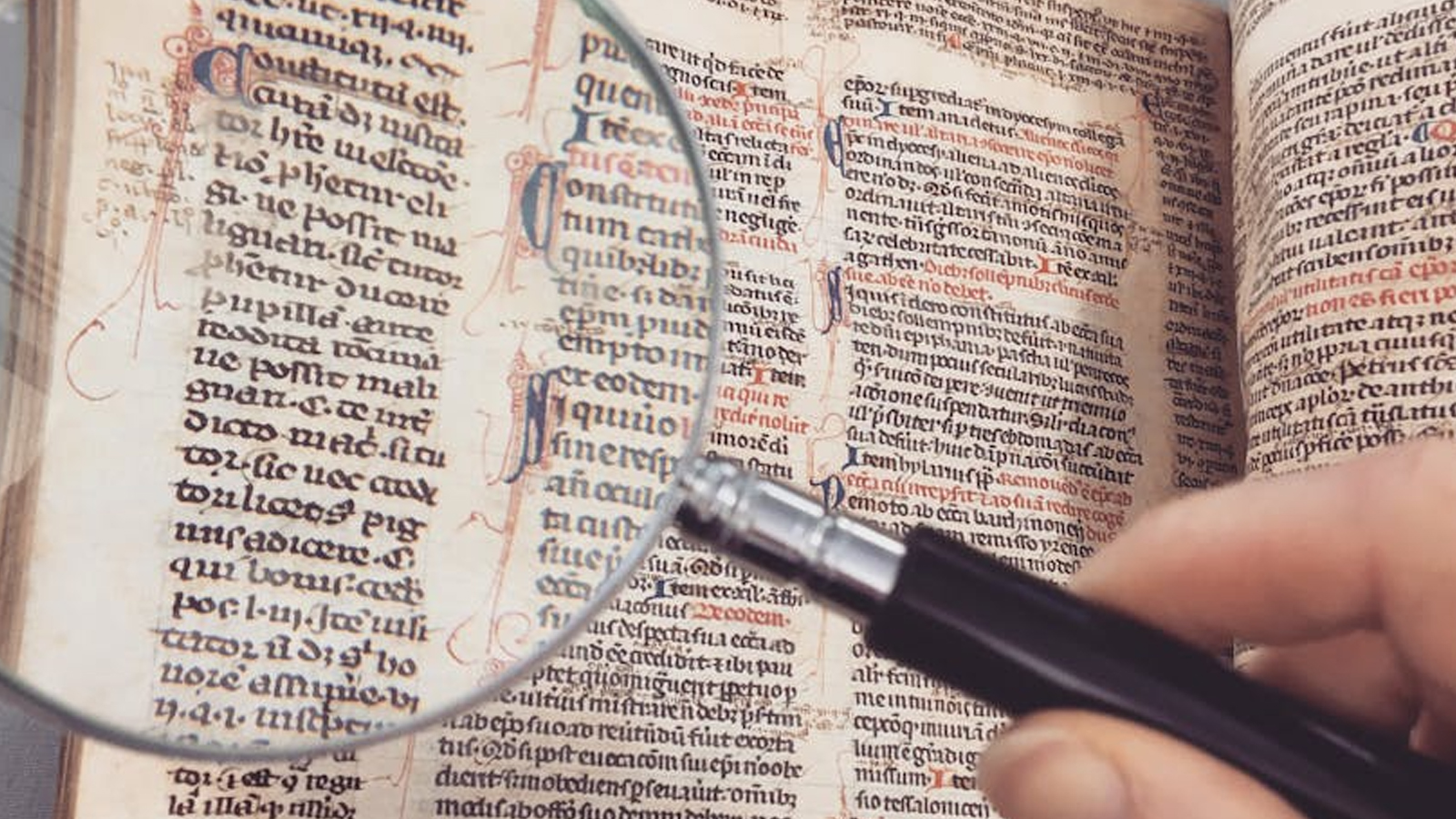

gus pocsai
October 4, 2025 at 3:57 am
This is such a powerful and sobering reflection. I really appreciate how you wove together philosophy, psychology, and real-world examples to show the paradox of human nature. The reminder that cruelty doesn’t require “monsters,” but can emerge from ordinary people under the right conditions, is both unsettling and eye-opening.
What stood out most to me is the tension between our shadow side and our capacity for empathy. It’s easy to despair at experiments like Milgram’s or Zimbardo’s, but the fact that altruism and self-sacrifice also exist suggests that the story isn’t one-sided. Perhaps the real challenge is not pretending the darkness isn’t there, but acknowledging it—and then choosing, intentionally, to cultivate the good.
Thank you for writing something that pushes us to confront uncomfortable truths about ourselves, while still leaving room for hope.